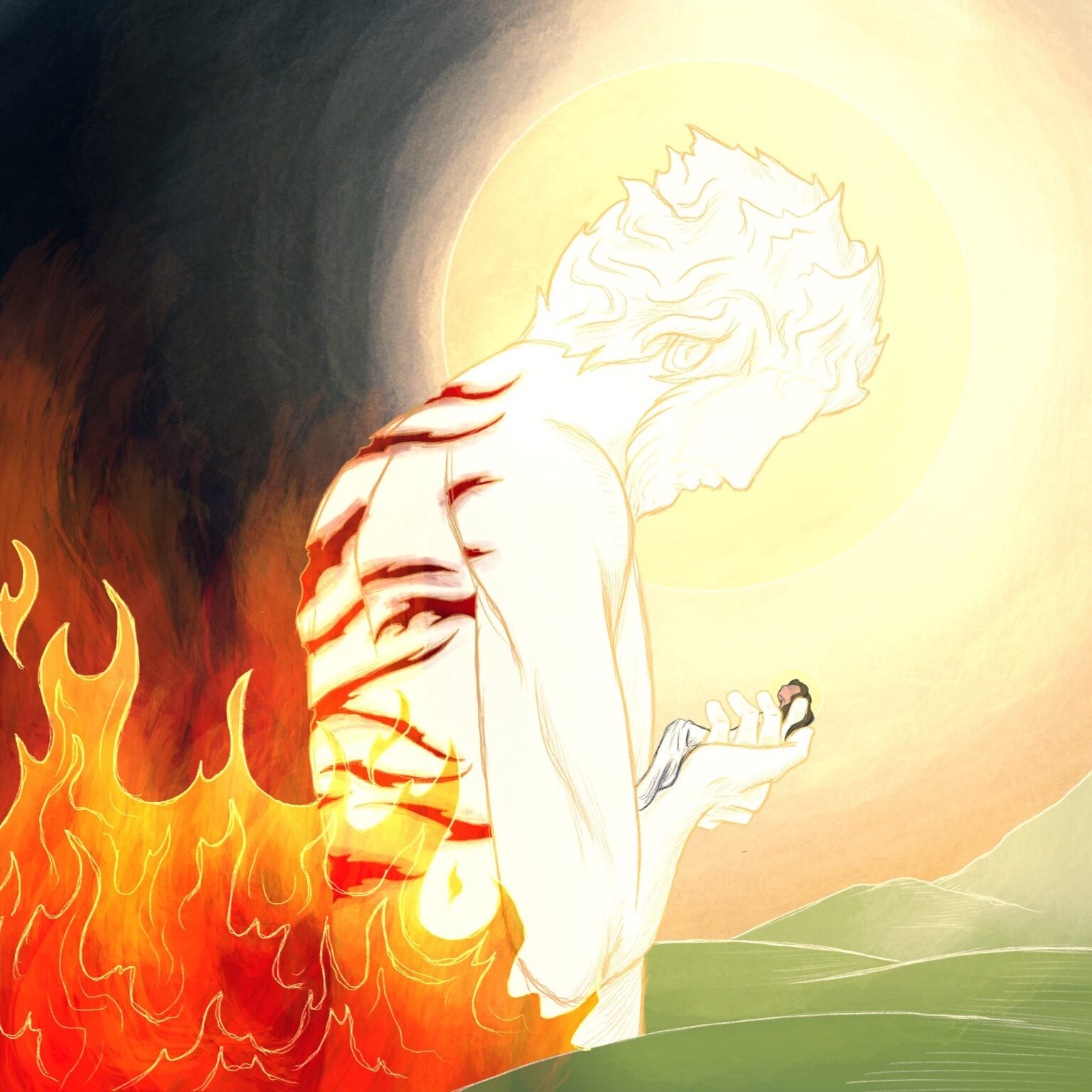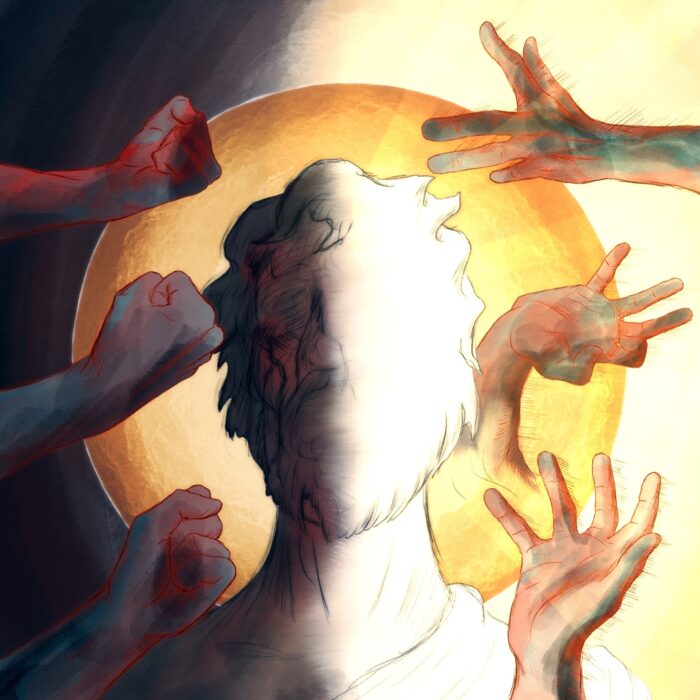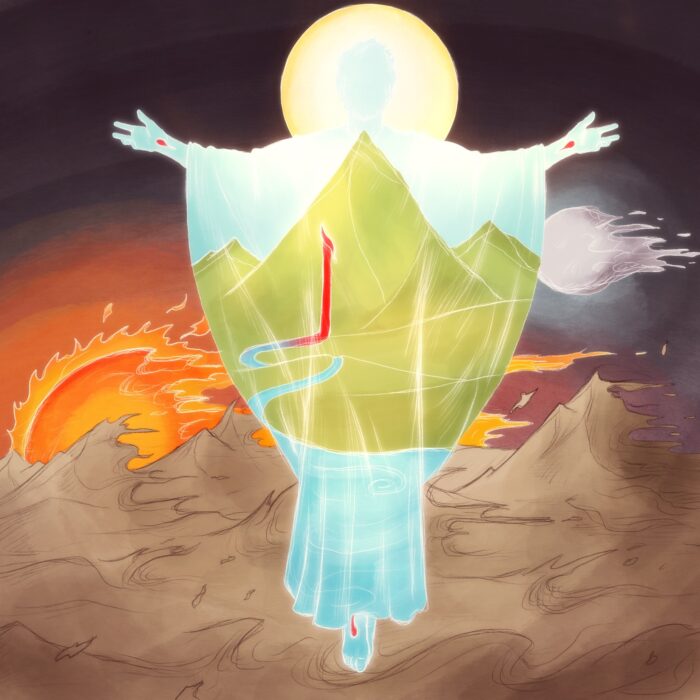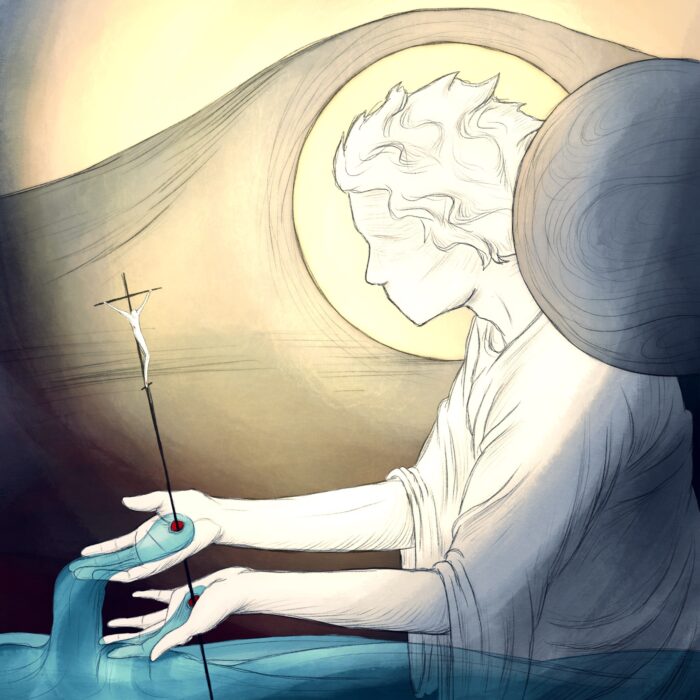
Isaiah 38:17, “Behold, it was for my welfare that I had great bitterness; [and] in love you have delivered my life from the pit of destruction, for you have cast all my sins behind your back.”
This passage was not from my reading this morning so I don’t have a journal entry to share with you, which in turn means I’ll try to keep this short.
Notice that the verse begins with Hezekiah affirming that “it was for my welfare that I had great bitterness…” The Hebrews word for “welfare” is one most of you have probably heard before: “Shalom.” It is a rich concept that I can’t unpack fully right now, but suffice to say it entails the deeply settled sense of wellbeing that comes when things are as they ought to be–namely, when they are rightly aligned to the beauty of Who God Is. So, Hezekiah is saying that his great bitterness (a deadly sickness) was ordained by God to bring about his deeply settled good.
How can that be? That is where the next part of the verse comes in:
in love you have delivered my life from the pit of destruction, for you have cast all my sins behind your back.
I think this is the ultimate reason that Hezekiah’s suffering turned to shalom: in love his sins have been forgiven and he’s been delivered from the punishment of them. In other words, because his sin has been dealt with and he’s been reconciled to God, all things have and will work together for his good.
Not unlIke some of the other posts I’ve made lately, I think we see here too the scriptural truth that–because wrath is absorbed by the sin-bearing death of Jesus Christ–those who are in Christ have nothing to fear and everything to hope….”great bitterness” can no longer be the end of the story for the one who is in Christ, for them the ending must always be “shalom.”
In this picture, I wanted to highlight the idea that when YHWH casts sins “behind his back” it is not as though he is ignoring them. Rather, “behind his back” is Calvary, where the literal back of the incarnate Son was torn in the physical manifestation of His sin-bearing love. Because of His great love, our great bitterness will serve our final shalom.




